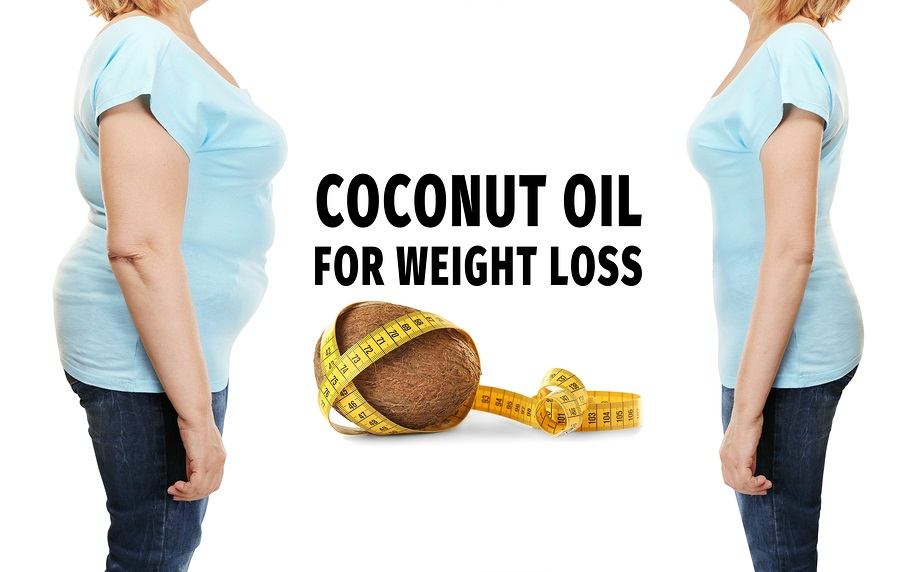
by Paul Fassa
Health Impact News
Researchers in Brazil recently completed an animal study to determine if virgin coconut oil (VCO) could replace pharmaceutical drugs for reducing obesity and its attendant co-morbid inflammatory and diabetic conditions.
The researchers refuted the misguided conventional thinking of saturated fats causing obesity. They wanted to investigate the saturated fat coconut oil as a functional food to replace pharmaceutical drugs currently used for obesity that cause adverse side effects.
The Brazilian researchers also expressed concern with the abundant schemes and dietary efforts at reducing calories that are impractical and difficult to maintain, not to mention often unhealthy.
Calories are not just calories. See:
How the Calorie Theory of Obesity and Disease has Harmed Public Health
Using refined carbohydrates and processed vegetable oils to avoid saturated fat is the lifestyle of the unhealthy, as the standard American diet (SAD) has proven.
The researchers used refined carbohydrates to create adiposity in their experimental mice. Refined carbohydrates such as sugar, high fructose corn syrup, and flours used in processed foods are pervasive in our culture and have been recognized by many scientists open to the truth as the real culprits behind obesity, diabetes, and heart disease.
The title of the study is Virgin coconut oil is effective to treat metabolic and inflammatory dysfunction induced by high refined carbohydrate-containing diet in mice
It was conducted by members of cooperating universities in Brazil and published online in its final form by the Journal of Nutritional Biochemistry September 2018.
From the study’s abstract:
The global rise in obesity rates is alarming since this condition is associated with chronic low-grade inflammation and secondary comorbidities as glucose intolerance, cardiovascular disease, and liver damage. Therefore, a lot of dietary approaches are proposed to prevent and to treat obesity and its associated disorders.
Virgin coconut oil (VCO) is well known as a functional food due to its significant amounts of medium-chain triglycerides. This study aimed to evaluate the effect of VCO on adiposity, metabolic and inflammatory dysfunctions induced by a high-refined carbohydrate-containing (HC) diet in mice.
The mice were divided into two major feeding groups for eight weeks. A group of eight were fed standard lab rat chow and considered as control group C. The second group of 32 was fed a high refined carbohydrate as control group HC to induce obesity.
After this initial feeding period, the HC obese group was subdivided into four groups of eight. One of the HC groups was continued with the high refined carbohydrate diet. The other three HC groups were fed different amounts of virgin coconut oil (VCO) calculated to represent human equivalencies of VCO consumption to body weight (mg/kg) during a four-week experimental phase.
The low dose group (LVCO) was supplemented at a rate of 1000 mg/kg body weight (BW); the medium dose (MCVO) group was 3000 mg/kg BW; the high dose (HVCO) group was 9000 mg/kg BW. All doses were adjusted according to body weight changes weekly during this four-week period.
Note: Although this detailed study report was excellent at explaining technical terms, its dose per body weight explanation doesn’t offer details on how to convert the VCO dosage from milligram per body weight (BW) of the mice to tablespoon human consumption of coconut oil.
To convert from lab rat dose to human dosage, divide the rat dose of mg by 6.2. There are 2.2 pounds in a kilogram (kg). So you need to take your weight in pounds and divide by 2.2. Use that resulting number to multiply the milligram (mg) number obtained from dividing by 6.2.
Then divide that final number by 1000 (1000 mg = 1 gram) to get the appropriate gram amount. The final number of milligrams divided by 1000 gets the gram amount. There are around 13 grams of coconut oil per tablespoon. Dividing the final gram amount by 13 gives you the tablespoon amount. (Source)
For example, a medium dose in this study would be equivalent to around three tablespoons daily for a 175-pound human. Many health experts recommend two to four tablespoons of coconut oil daily depending on the health condition being addressed. This coincides with their findings.
Study Results
During the feeding periods, the mice were monitored closely with state of the art research equipment. After the full 12 weeks, the mice were anesthetized and “sacrificed” humanely according to international guidelines, which also preserved their blood and organs to analyze further.
Here’s a schematic diagram of the study:
Various analyses during the feeding process and after the mice “sacrifice” included cytokine analysis, various liver analyses, blood count and serum comparisons, and adipose measurements.
The researchers were able to prove decreased adipose tissue inflammation among the HC (high refined carbohydrate) fed mice after VCO supplementation. VCO supplementation also improved hepatic steatosis, aka fatty liver, induced by the HC diet.
This is a noteworthy influence on the NAFL (non-alcoholic fatty liver) increased incidence of NAFL in industrialized nations where high refined diets are the norm. NAFL can lead to sclerosis of the liver.
What’s interesting is that the mice with HC diets were not taken off their refined carbohydrates while consuming coconut oil, implying that coconut oil can help people with fatty liver without changing their dietary habits. Of course, it’s much better to reduce processed carbs consumption as well.
The study’s essential conclusion:
Our data showed that VCO can be considered as an interesting potential dietary approach to attenuate obesity and its metabolic and inflammatory alterations.
You can access a pdf of the complete study text’s early journal submission with all its details here.
Summary Conclusion: Coconut Oil Beats Pharmaceutical Products Again
This study is further proof of coconut oil’s medicinal properties in addition to what it can do for people with Alzheimer’s disease, which has become understood and practiced successfully by those uninfluenced by orthodox outdated and erroneous press releases demonizing coconut oil. See:
As Alzheimer’s Drugs Continue to Fail, Researchers Search for Reasons Why Coconut Oil Cures Alzheimer’s
This study was conducted by meticulous researchers who are aware that the common saturated fat phobia is misguided. They proved that the high medium chain triglyceride (MCT) of coconut oil is naturally medicinally efficacious without the side effects of pharmaceutical drugs.
In addition to Alzheimer’s, metabolic issues such as glucose resistance, diabetes 2, and fatty liver can be addressed by supplementing virgin coconut oil. Amazingly, that’s not all the medical ailments coconut oil helps. See:
Use of Coconut Oil as Enema Saves Woman’s Colon from being Surgically Removed due to Colitis After Drugs Failed
They also recognized the high nutritional value of virgin coconut oil that hasn’t been stripped of some of its nutrients, such as antioxidants, and is superfood worthy of consumption by people without any pressing needs of addressing medical issues.
Virgin Coconut Oil:
How it has changed people’s lives and how it can change yours!
Includes 85 recipes – Free shipping available!



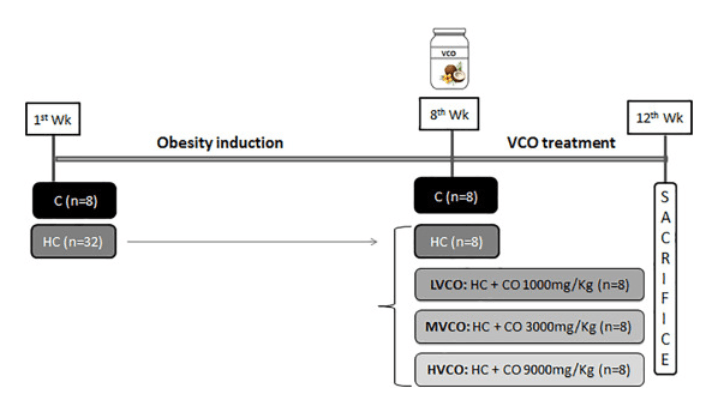
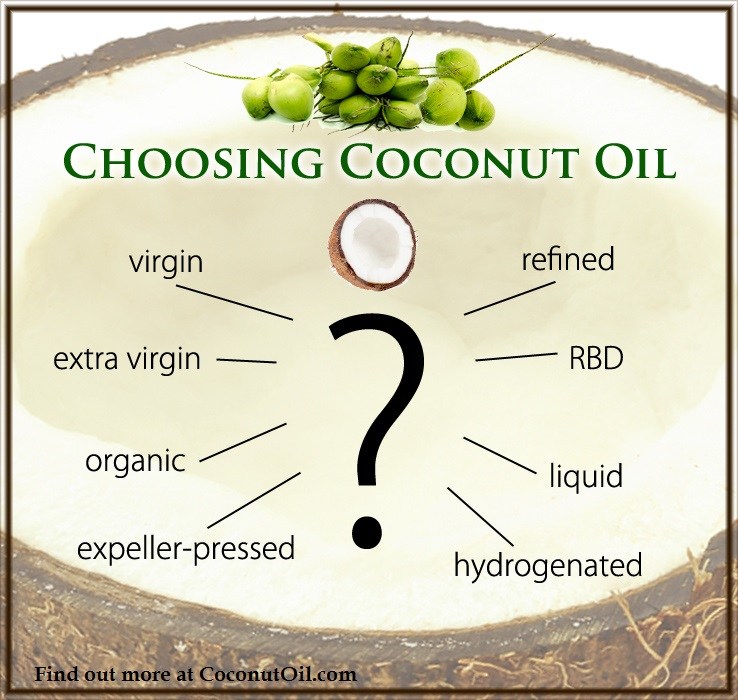


 HHS Secretary Kennedy Breaks His Promise: "War on Saturated Fat" Kept in Tact with New U.S. Dietary Guidelines
HHS Secretary Kennedy Breaks His Promise: "War on Saturated Fat" Kept in Tact with New U.S. Dietary Guidelines Research Continues to Show Virgin Coconut Oil's Effectiveness in Treating Cancer
Research Continues to Show Virgin Coconut Oil's Effectiveness in Treating Cancer Coconut Oil Continues to Benefit Alzheimer's Patients over Drugs as Studies Continue for Neurological Benefits
Coconut Oil Continues to Benefit Alzheimer's Patients over Drugs as Studies Continue for Neurological Benefits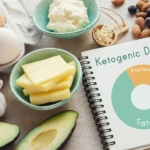 How the Simple High-Fat Low-Carb Ketogenic Diet Continues to Change People's Lives
How the Simple High-Fat Low-Carb Ketogenic Diet Continues to Change People's Lives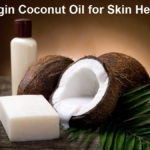 New Studies Continue to Show that Coconut Oil is the Best Oil for Treating Skin Conditions and Maintaining Healthy Skin and Teeth
New Studies Continue to Show that Coconut Oil is the Best Oil for Treating Skin Conditions and Maintaining Healthy Skin and Teeth
Leave a Reply